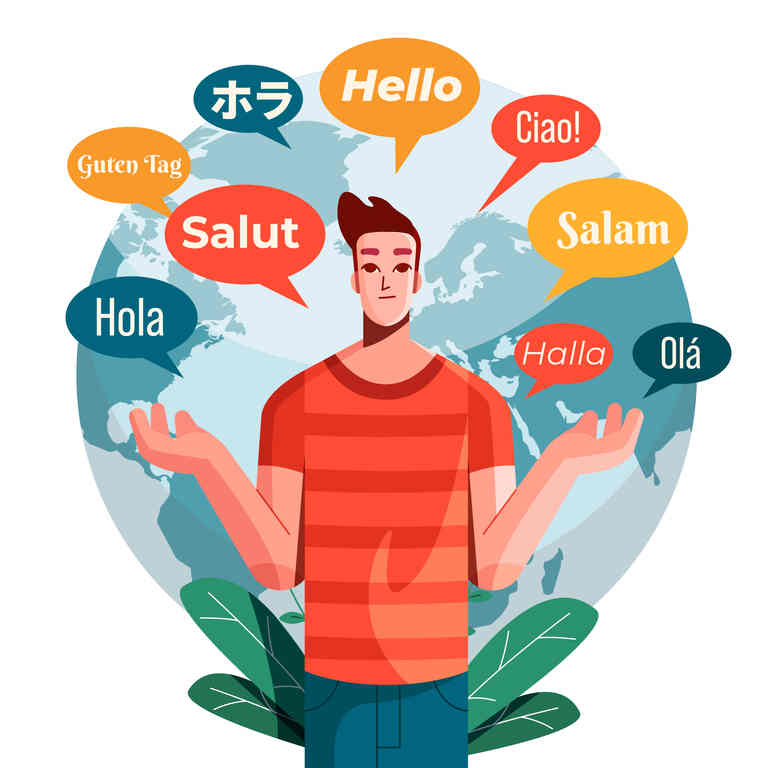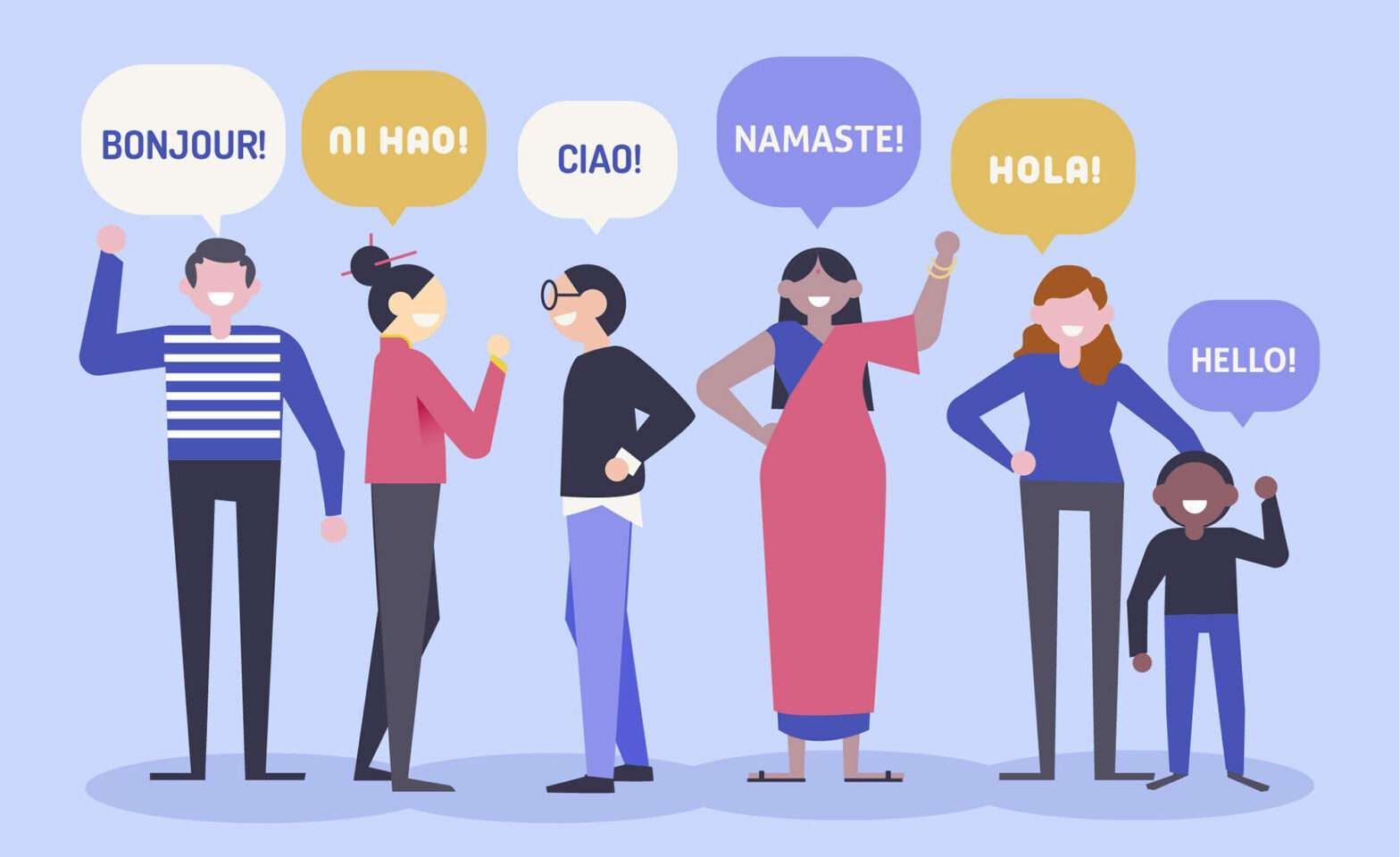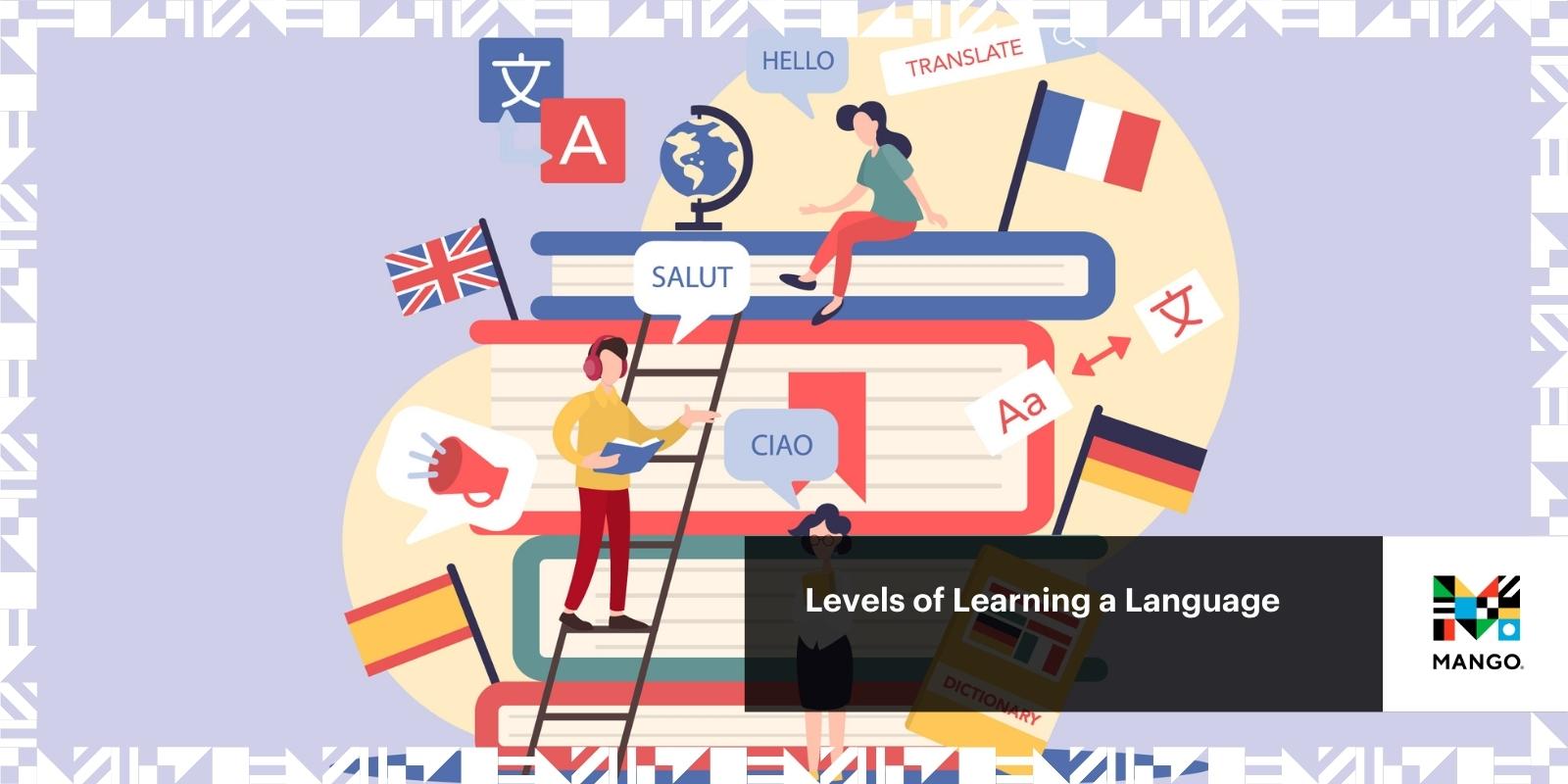What Language Do Haiti People Speak? Unpacking The Voices Of A Nation
Have you ever wondered about the rich linguistic fabric of Haiti? It's a question many folks ask, and there's a good reason why people are curious about what language does Haiti people speak. The island nation holds a truly special place in history, and its spoken words reflect a unique story of heritage, resilience, and cultural blending. So, understanding the languages here helps us appreciate a big part of what makes Haiti, well, Haiti.
For someone interested in global cultures or perhaps planning a visit, knowing the local tongue is a really helpful thing. It’s almost like trying to understand a computer program that changed its display language without your say-so, and you're trying to get it back to what you know. Just as you might try every setting to get Outlook back to Danish from English, people want to grasp the true way communication happens in Haiti, which is a bit more than just one simple answer, you know?
The spoken word shapes daily life, from bustling markets to quiet family homes, and it’s a key to connecting with people. People often wonder if it's French, or something else entirely. We'll explore the main languages used there, how they came to be, and what they mean for the people of Haiti today. It's quite a fascinating topic, actually, and something worth exploring a little more deeply.
- Unveiling The Extraordinary World Of Batya Ungarsargon Through Wikipedia
- I Just Lost My Dawg Lyrics
- Unveiling The Rising Star Discover The Story Of Mason Martin Karns Citys Quarterback Sensation
- Monster High School Dress To Impress
- Unveiling The Enigma Discover The Genius Behind Eric Von Haessler
Table of Contents
- The Heart of Haitian Communication: Kreyòl
- A Look at French in Haiti
- How the Languages Came to Be
- Language in Daily Life and Education
- Connecting with Haitian Culture Through Language
- Frequently Asked Questions About Haitian Languages
The Heart of Haitian Communication: Kreyòl
When you ask what language does Haiti people speak, the immediate and most accurate answer for everyday interactions is Haitian Creole. This isn't just a casual dialect; it is a fully formed language spoken by nearly everyone in Haiti. It's the language of the home, the street, the marketplace, and the very spirit of the Haitian people. This language, also called Kreyòl, is a powerful symbol of national identity and a way for people to share their thoughts and feelings very directly.
Haitian Creole developed over centuries, a truly special blend of influences. Its roots are mainly from 18th-century French, but it also has strong contributions from West African languages. This mix created something entirely new, a language with its own distinct grammar and vocabulary. It's a language that was born from necessity and resilience, helping people from different backgrounds communicate and build a common culture. You might think of it like needing to change a language setting on an Excel file that suddenly shows a foreign language, and you figure out a way to make it work for everyone involved, so to speak.
The sounds of Kreyòl are quite unique, and its structure is often more straightforward than French. For example, verbs do not change much based on who is doing the action, which can make it a bit easier to pick up some basic phrases. It's a very expressive language, capable of conveying a wide range of emotions and complex ideas. This makes it a really effective tool for everyday talk, for telling stories, and for creating art like music and poetry. It's the voice of the people, truly, and it carries so much of their history and hopes.
- Unlock The Untold Story Of Lauryn Hills Children
- Get In The Car Elizabeth
- Andrew Kojis Wife Uncovering The Hidden Truth
- Unveiling Adam Friedlands Height Uncovering Surprising Facts
- Unveiling Sabrina Carpenters Measurements Insights And Discoveries
The recognition of Haitian Creole as an official language came relatively recently, in 1987. Before that, it was often seen as less important than French, which was the language of power and formal settings. This official recognition was a huge step for the language and for the Haitian people, giving Kreyòl the respect it always deserved. It solidified its place as a language of education, government, and all aspects of public life, though French still holds a place, as we will see.
A Look at French in Haiti
While Haitian Creole is the language of the masses, French also holds official status in Haiti. This is a direct result of Haiti's history as a French colony. For many years, French was the sole official language, and it was associated with education, government, and the elite classes. It's like how your Microsoft 365 Excel file from SharePoint, opened through Microsoft Edge, might show a foreign language, and that language is considered the standard for certain documents, you know?
Today, French is primarily spoken by a smaller segment of the population, often those with more access to formal education or who live in urban areas. It's the language of legal documents, formal speeches, and many university courses. If you pick up a Haitian newspaper, you'll often find articles written in French, alongside those in Creole. This dual language system shows the lasting influence of the colonial past and the ongoing connection to the French-speaking world.
For many Haitians, learning French is seen as a way to gain opportunities, both within the country and internationally. It can open doors to higher education and certain professional careers. However, for a large portion of the population, especially those in rural areas, French is not something they use every day, if at all. This creates a linguistic divide, where access to information and resources can sometimes depend on which language you speak. It's a situation that brings its own set of challenges, and people are always working to make things more equitable.
So, while French is important for official matters and a certain part of society, it's not the language you'll hear most often when walking through a Haitian town. It's more of a formal language, a bit like how some specific settings on your computer might be in a certain language, even if the rest of your system is in another. It's there, it's recognized, but it's not the everyday voice of the country.
How the Languages Came to Be
The story of Haiti's languages is deeply connected to its history. Haitian Creole, as we touched upon, was born out of the brutal conditions of slavery during the French colonial period. Enslaved people, brought from various parts of West Africa, spoke many different languages. To communicate with each other and with their French overseers, they developed a common tongue. This process of language creation, known as creolization, is a powerful example of human adaptability and resilience. It's a testament to how people find ways to connect, even under the most difficult circumstances, you see.
The French spoken by the colonizers was simplified and mixed with words and grammatical structures from the African languages. Over time, this mixture solidified into a distinct language with its own rules and sounds. It wasn't just "broken French" as some mistakenly thought for many years; it was a brand new language. This organic development happened over generations, passed down from parents to children, becoming the first language for most people born on the island.
French, on the other hand, arrived with the colonizers in the 17th century. It was the language of administration, trade, and the planter class. After Haiti gained its independence in 1804, French remained the language of government and education, largely because the new Haitian leaders, many of whom were educated in France, continued to use it. This continued use of French, even after throwing off colonial rule, highlights the complex legacy of colonialism on language and social structures. It's a bit like how a display language on software might stick around even after you try to change it, because it's deeply embedded in the system, more or less.
The relationship between Haitian Creole and French has evolved over time. For a long while, French was seen as the language of prestige, and speaking Creole was sometimes looked down upon. However, there has been a strong movement to recognize and promote Haitian Creole, celebrating it as a symbol of national pride and cultural uniqueness. This shift reflects a growing appreciation for the language that truly speaks to the heart of the Haitian people, and it's a really good thing for the country's identity.
Language in Daily Life and Education
In the everyday rhythm of life in Haiti, Haitian Creole is the undisputed champion. Whether you're at a lively market bargaining for goods, catching up with neighbors, or simply going about your day, Kreyòl is what you'll hear. It's the language used in churches, in popular music, and in casual conversations everywhere. This makes it absolutely essential for anyone hoping to truly experience and connect with the culture. It's the very fabric of daily interactions, you know?
When it comes to education, the situation is a bit more varied. For many years, French was the primary language of instruction in schools, even though most children's first language was Haitian Creole. This often created a significant barrier to learning, as students struggled to grasp subjects taught in a language they didn't fully understand. It's like trying to learn complex math when the instructions are suddenly in a foreign language you barely know, which can be really tough.
Today, there's a greater push for bilingual education, with Haitian Creole being used as the language of instruction, especially in early grades. This approach helps children learn more effectively and builds on their existing linguistic knowledge. However, French still plays a significant role, particularly in higher education and for those aiming for professions where French proficiency is expected. So, you might see textbooks in both languages, or lessons that switch between them, depending on the school and the subject. It’s a dynamic situation, and people are always working to improve how language is used in classrooms.
Even in government and media, you see both languages at play. Official documents might be in French, but public announcements or political speeches are often delivered in Haitian Creole to reach the broadest audience. Radio and television programs also feature both languages, reflecting the country's linguistic reality. It's a constant dance between the two, with Kreyòl becoming more prominent in areas where mass communication is key. This really shows how both languages have their place, and how they serve different purposes for the people, you see.
Connecting with Haitian Culture Through Language
Understanding what language does Haiti people speak is truly a first step to connecting with their rich culture. Haitian Creole, with its vibrant expressions and unique proverbs, offers a direct window into the Haitian worldview. Learning even a few basic phrases can open up so many doors and show a deep respect for the people and their heritage. It's a bit like how changing your Gmail language settings can make the whole experience feel more personal and accessible, in a way.
The language itself is full of life and character. Haitian proverbs, for instance, are often very poetic and offer practical wisdom, sometimes with a touch of humor. They reflect the collective experiences and values of the people. Engaging with these aspects of Kreyòl can provide insights that no textbook could ever fully convey. It’s a truly rich experience, and it's something people really appreciate when you make the effort.
For anyone thinking about visiting Haiti or simply wanting to learn more, starting with some Haitian Creole phrases is a really good idea. There are many resources available online, from simple phrasebooks to more in-depth language courses. You can find apps and websites that help you with pronunciation and basic grammar, making it easier to get started. It’s a bit like how you can use Google Translate to work with text, handwriting, photos, and speech in many languages; these tools can help you start to grasp Kreyòl, too, it's almost a necessity for deeper connection.
While French is important for formal contexts, it's Haitian Creole that truly carries the heart and soul of the nation. It's the language of storytelling, of laughter, of sorrow, and of celebration. By learning even a little, you're not just picking up words; you're stepping into a whole world of cultural richness and human connection. It's a way to show you care, and people will definitely notice and appreciate that effort. To learn more about the fascinating history of Creole languages, you might want to explore resources like the Britannica article on Creole languages.
Frequently Asked Questions About Haitian Languages
People often have questions about the languages spoken in Haiti. Here are some common ones that come up, helping to clear up some of the usual points of confusion.
Is Haitian Creole the same as French?
No, Haitian Creole is not the same as French, though it does have strong roots in 18th-century French. Think of it this way: while English and German share common Germanic origins, they are distinctly different languages. Similarly, Haitian Creole developed its own unique grammar, pronunciation, and vocabulary over time, making it a separate language from French. It's like how you might have different versions of a software program, each with its own specific features, even if they started from a similar base. It’s really its own language, with its own rules, you see.
Do all Haitians speak French?
No, not all Haitians speak French. While French is one of Haiti's two official languages, it is primarily spoken by a smaller portion of the population, usually those with more formal education or who live in urban areas. The vast majority of Haitians, especially in rural areas, speak Haitian Creole as their first and often only language. So, if you're looking to communicate broadly across the country, Haitian Creole is definitely the way to go. It's the common tongue for nearly everyone, you know.
Is Haitian Creole easy to learn for English speakers?
For English speakers, Haitian Creole can be relatively approachable in some ways, but it also has its own challenges. Its grammar is often simpler than French, with fewer verb conjugations and gender agreements for nouns. This can make basic sentence construction easier to pick up. However, its pronunciation and some of its vocabulary are quite distinct, and these can take some getting used to. Many people find it a rewarding language to learn because it opens up direct communication with a large, welcoming population. You can learn more about Haitian culture on our site, and link to this page for language learning tips.
Understanding the linguistic landscape of Haiti means appreciating both the widespread use of Haitian Creole and the more specialized role of French. It’s a dynamic interplay that reflects the nation's unique past and its ongoing journey. This exploration of what language does Haiti people speak truly shows the heart of the country, and it’s a wonderful thing to learn about.
- Brianna Keilars Pregnancy Journey Uncovering Surprising Truths
- Unveiling The Enigma Discover The Genius Behind Eric Von Haessler
- Unveiling The Depth Of Hasta La Muerte A Journey Of Commitment And Loyalty
- Sams Club Baby Wipes Recall 2024 Uncovering Critical Truths
- Unveiling The Matrimonial Status Of Sami Zayn Discoveries And Insights Await

7+ Ways to Overcome Barriers to Communication with Examples

Breaking Barriers: The Power of Language in Cross-Cultural

Factors Affecting Language Learning Success: Age, Native Language